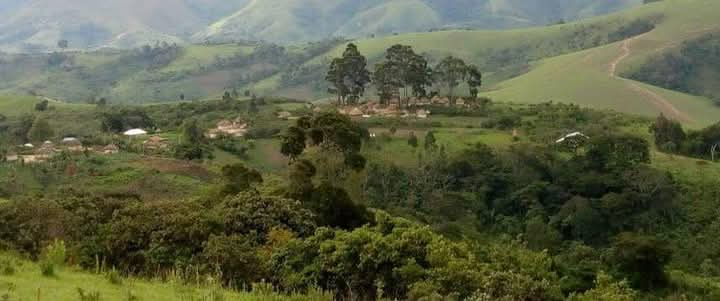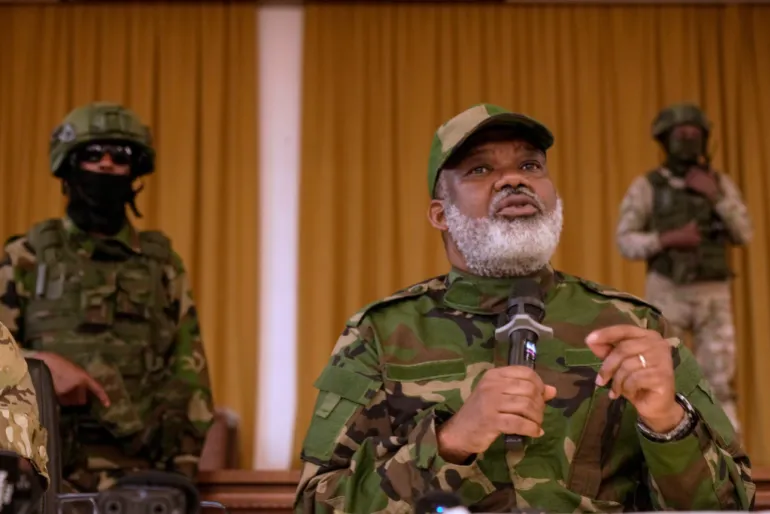Goma, North Kivu in the persistently tense security climate of eastern Democratic Republic of Congo, the Alliance du Fleuve Congo (AFC), backed by the M23 movement, has announced the launch of a targeted disarmament operation in the Karisimbi commune, one of the areas most affected by the activity of so-called “Wazalendo” armed groups.
According to sources close to the AFC, over 100,000 weapons have allegedly been distributed in recent months to various armed groups by the central government a claim that remains difficult to verify independently. These militias, known as Wazalendo (meaning “patriots” in Swahili), are frequently accused of committing abuses against civilians in Goma and beyond.
This is a long-term operation, but one that is necessary to restore peace and security in North Kivu’s urban zones,” said an AFC spokesperson who requested anonymity.
As part of the operation, several individuals identified as notorious criminals were reportedly arrested. These include Jackson Balume Ntamwenge and Jospin Luanda, whom the AFC accuses of involvement in a fake mineral trafficking network a practice that undermines the local economy and allegedly contributes to the illegal funding of armed groups.
Another individual, Kambale Claude, believed to be an active member of the Wazalendo, was reportedly apprehended in the “Ndosho” neighborhood. Specific details regarding the arrests and the legal status of the suspects have not yet been disclosed.
While some voices within the local population have praised what they see as a long-awaited crackdown on insecurity, others have expressed concern about how these operations are being conducted. Local NGOs emphasize the importance of upholding fundamental rights and due process, including the right to a fair trial for those detained.
“These actions must take place within a clear legal framework. The fight against insecurity should not become a cover for possible score-settling or abuse of power,” said a member of Goma’s civil society, speaking on condition of anonymity.
The situation in eastern DRC remains marked by complex geopolitics, where armed conflict, ethnic rivalries, mineral interests, and regional power dynamics are deeply intertwined. The role and legitimacy of groups like AFC/M23 remain highly contested both nationally and internationally, while ongoing mediation efforts have yet to yield lasting solutions.



